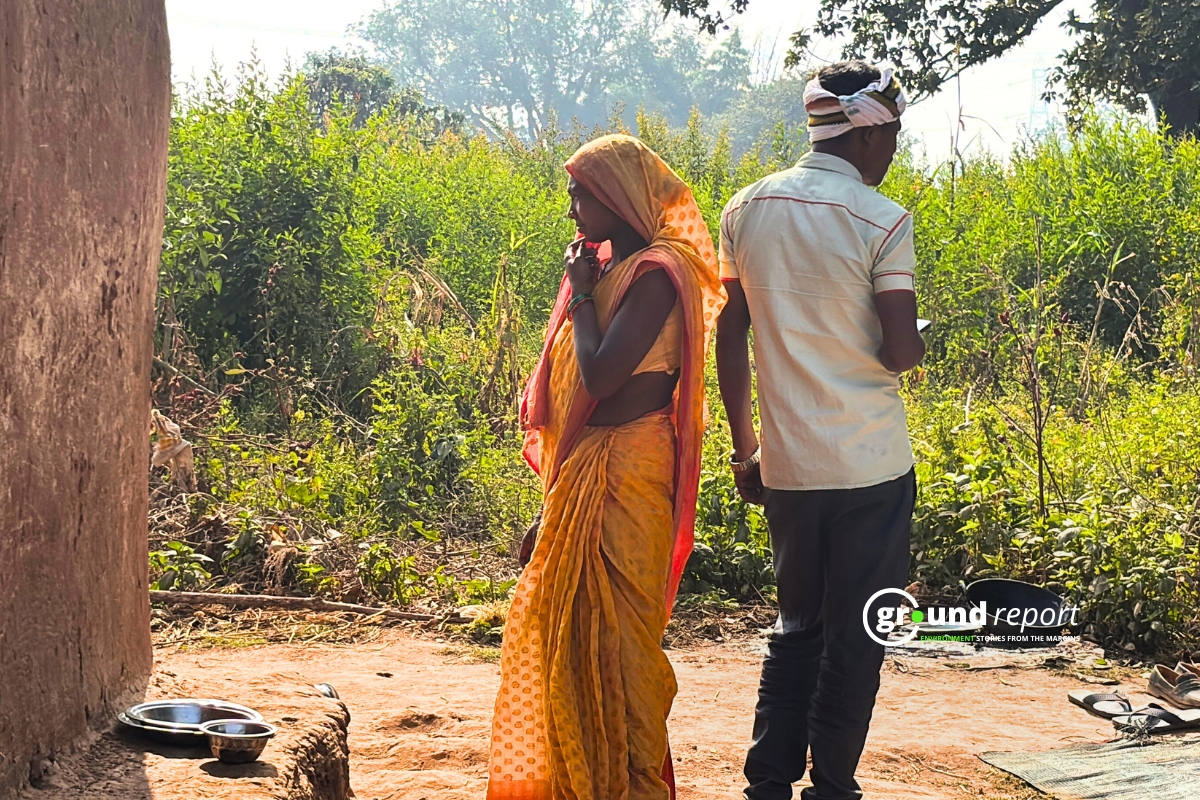A report by the Indian Council of Medical Research (ICMR) revealed that about 1.5 million patients in India get infected due to surgery, called surgical site infection (SSI), occurring at the surgical site within 30 days after surgery.
The report states that surgical site infection (SSI) occurs when bacteria infect the incision site after surgery, causing problems.
According to the ICMR report, 161 out of 3,090 patients in India had surgical site infection (SSI), resulting in a 5.2 percent rate, much higher than many high-income countries.
The report states that the rate of surgical site infection (SSI) for orthopedic surgery is 54.2 percent, which is a global concern.
According to the report, ICMR has launched a Surgical Site Infection (SSI) Surveillance Network to prepare and support doctors nationwide to reduce and prevent such infections.
ICMR conducted a study involving 3,090 patients in three major hospitals: All India Institute of Medical Sciences (AIIMS) in Delhi, Kasturba Hospital in Manipal, and Tata Memorial Hospital in Mumbai.
The study found that patients undergoing orthopedic surgery were at a higher risk of developing surgical site infection (SSI), with a rate of 54.2 percent.
The study found that 161 patients (5.2%) developed surgical site infections (SSI) after surgery, particularly in orthopaedic surgeries. Surgeries lasting over 120 minutes were also at increased risk of infection.
The study found that wound debridement surgeries, particularly amputation, open reduction internal fixation (ORIF), or closed reduction internal fixation (CRIF), had the highest SSI rate, at 54.2%, the ICMR report said.
Clean and contaminated wound classification, and surgeries over 120 minutes, were associated with increased infection risk. The study also emphasised hospital discharge or post-discharge surveillance in identifying SSIs, with 66% of cases detected after patients left the hospital.
Separate surgeries, where multiple procedures are performed simultaneously, were found to have greater SSI risks, the report said.
Post-discharge surveillance detected 66% of SSI cases, and separate surgeries had an increased risk of surgical site infection (SSI).
ICMR has created a database of surgical site infections (SSIs) during the patient’s hospital stay and post-discharge, the report said. This is India’s first attempt to establish such a system.
Tracking bleeding-related infections (BSIs), urinary tract infections (UTIs), and ventilator-associated pneumonia (VAP) can help reduce post-surgery infection risk.
Support us to keep independent environmental journalism alive in India.
Keep Reading
California Fires Live updates: destructive wildfires in history
Hollywood Hills burning video is fake and AI generated
Devastating wildfire in California: wind, dry conditions to blame?
Los Angeles Cracks Under Water Pressure
From tourist paradise to waste wasteland: Sindh River Cry for help
Follow Ground Report on X, Instagram and Facebook for environmental and underreported stories from the margins. Give us feedback on our email id greport2018@gmail.com.
Don’t forget to Subscribe to our weekly newsletter, Join our community on WhatsApp, and Follow our YouTube Channel for video stories.






